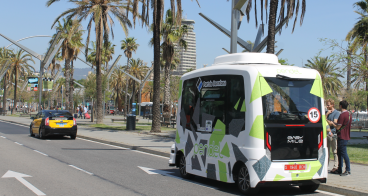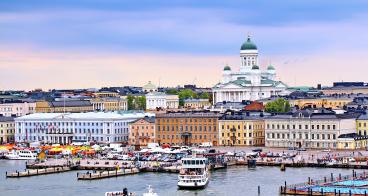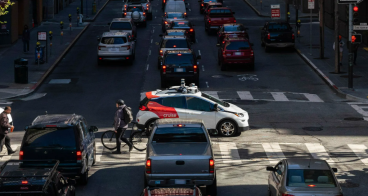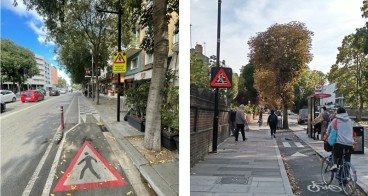Electric Shockwaves and Autonomous Waves: Major innovation challenges in Europe?
The recent IAA event held in Munich laid bare the impending challenge for German companies as it showcased the surge of new electric car manufacturers. In stark contrast to domestic automakers with their concept vehicles, several dozen Chinese manufacturers presented fully developed models ready to penetrate the European market.
The statements at the IAA from BMW CEO Oliver Zipse, who remains skeptical about electric vehicles, do little to support the domestic industry's transition from old technologies to cutting-edge innovations. Thomas Ingenlath, the German-born head of Polestar, didn't shy away from criticising his fellow board members in Germany either. During his presentation, he openly expressed his frustration with the state of politics, the economy, and the culture in his home country. He directly referred to the "nonsense" his compatriots employ to protect outdated technologies that once brought success but are now swiftly losing relevance.
However, this controversy around electric vehicles has not only been resolved; it's already being followed by another technological trend for which German manufacturers are ill-prepared: autonomous driving. A recent groundbreaking decision in San Francisco has opened the floodgates.
Since August, two companies have been granted permission to operate driverless robotaxis and charge fares throughout San Francisco without restrictions. Google's subsidiary, Waymo, and General Motors-owned Cruise currently operate approximately 600 vehicles in the city, offering autonomous transportation for passengers. After nearly 140 rides in vehicles from both companies, I've come to consider the service routine. These vehicles navigate city traffic confidently and smoothly, without violating any laws, and provide a level of comfort that one might wish for from even the most courteous taxi drivers.
During most of my rides, I had passengers, mainly from Europe, who were eager to experience it first-hand. They went through several stages of emotion. The initial excitement and doubts about their decision gave way to astonishment at the speed and safety of the robotaxis in the second stage. In the third stage, as they finally tore their gaze away from the mesmerising sight of the steering wheel turning on its own, it all became rather ordinary. In the fourth stage, boredom set in because everything was so safe and uneventful that they diverted their attention elsewhere. Upon disembarking, they often asked, "Why don't we have this at home yet?"
Other cities and regions in the USA and Europe are closely monitoring these developments. Transport and traffic authorities are now visiting California to witness the technology first-hand after experiencing rides in robotaxis from Cruise and Waymo, as well as in my Tesla with Full Self-Driving Beta throughout San Francisco. The consensus is clear: the technology is here, and we (in Europe) are already lagging behind.
Furthermore, there are already signs on the horizon. Friends and acquaintances are no longer using robotaxis in San Francisco just to impress visitors from abroad; they're incorporating them into their daily lives. It's becoming a part of everyday normalcy. Moreover, it's become routine for several robotaxi operators to announce new cities in the USA and hire local staff to expand their robotaxi fleets. Currently, in seven US cities, driverless robotaxi services with passengers are approved, and preparations are underway in over a dozen more to commence operations in the coming weeks and months.
Lastly, on public roads, we're seeing more of the new, as-yet-unnamed vehicle types from Cruise and Zoox, vehicles without steering wheels where passengers face each other. Approvals for passenger operations with these vehicles are expected within a few short weeks.
While in Germany, at the highest levels of government and in society, efforts persist to cling to the past, downplay new technologies, and display a combination of ignorance and arrogance—what we might term "agnorance"—the future is unfolding elsewhere, unaffected by our proud companies and our nation. The IAA event made this reality starkly apparent on home soil.
Mario Herger is a Technology Trend Researcher, Author, and Silicon Valley expert, guiding executives and companies in understanding tech trends and fostering innovation. With two decades of corporate innovation experience, he's also an entrepreneur and keynote speaker on topics like autonomous cars, digital transformation, and more.
Published on 13 September 2023.






